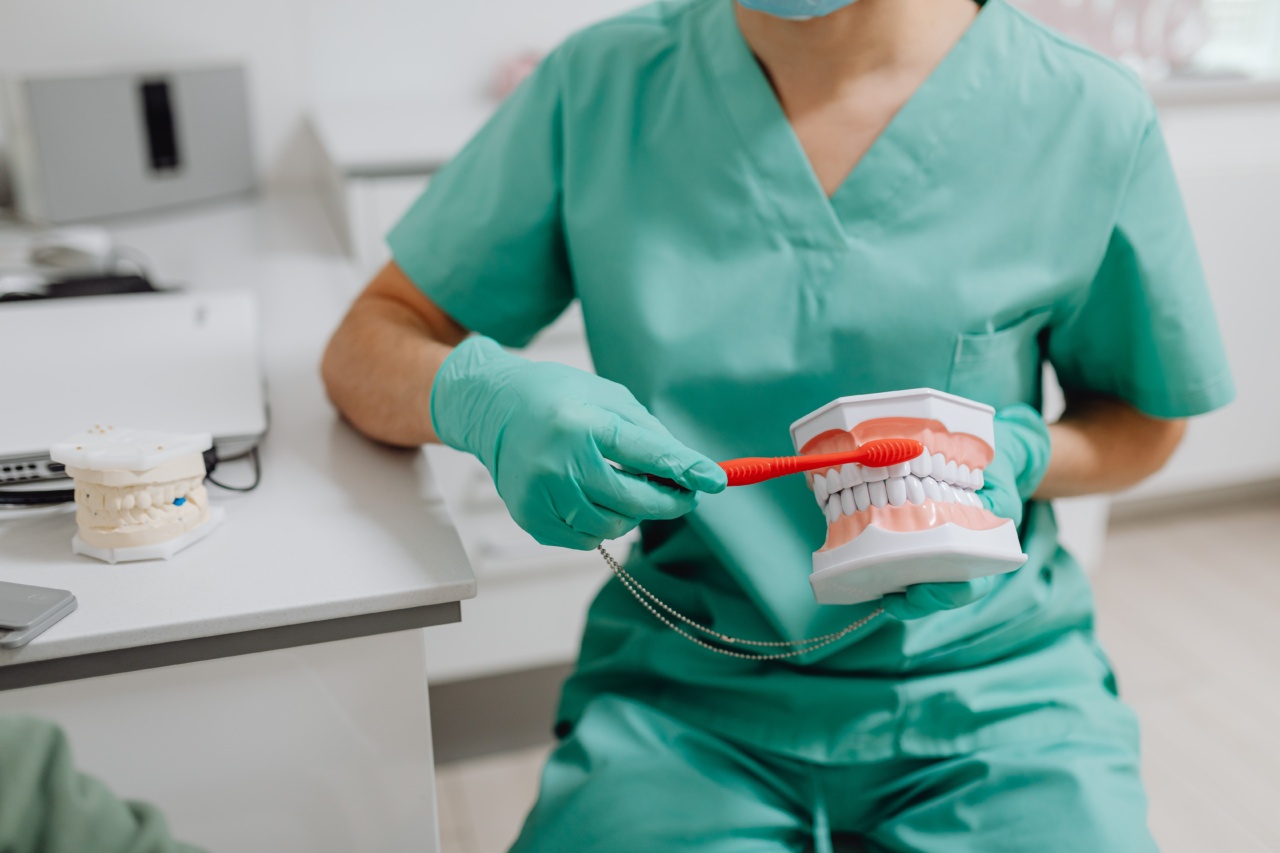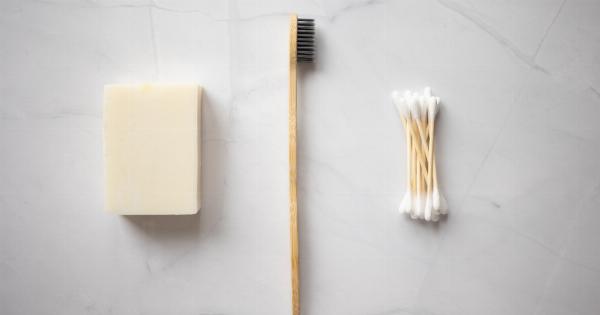Brushing your teeth is an essential part of maintaining good oral hygiene. It helps remove plaque and food particles, prevents tooth decay, and keeps your breath fresh.
However, simply brushing your teeth is not enough; it is equally important to brush for the right amount of time. In this article, we will explore why the duration of brushing plays a crucial role in keeping your teeth healthy and provide tips on how to brush effectively.
Why is Brushing for the Right Amount of Time Important?
Brushing your teeth for the recommended two minutes is vital for several reasons:.
1. Thorough Plaque Removal
Plaque is a sticky film of bacteria that forms on your teeth throughout the day. It can lead to gum disease, tooth decay, and bad breath if not adequately removed.
Brushing for the right duration ensures that you can reach all surfaces of your teeth and eliminate the maximum amount of plaque.
2. Reaching Hard-to-Reach Areas
Certain areas of your mouth, such as the back molars or the gumline, are more prone to plaque buildup. Brushing for the recommended time allows you to reach these difficult-to-access areas, ensuring a thorough clean.
3. More Effective Fluoride Action
Fluoride, a mineral found in toothpaste, strengthens tooth enamel and helps prevent tooth decay. When you brush for the right duration, fluoride has adequate time to work on your teeth and provide the protection they need.
4. Stimulating the Gums
Brushing your teeth also stimulates your gums, promoting overall gum health. By brushing for the recommended time, you give your gums sufficient attention, preventing problems like gum disease and recession.
5. Preventing Stains and Discoloration
Brushing for the right amount of time can help remove surface stains from your teeth. Regular brushing can prevent discoloration caused by factors like coffee, tea, or smoking, keeping your teeth looking whiter and brighter.
How to Brush Your Teeth Effectively
Now that we understand the importance of brushing for the right duration, let’s delve into some tips for effective brushing:.
1. Use a Soft-Bristled Toothbrush
Choose a toothbrush with soft bristles to avoid any damage to your tooth enamel and gums. Hard bristles can be harsh on your teeth and cause gum recession over time.
2. Position the Brush Correctly
Hold your toothbrush at a 45-degree angle to your gumline. This allows the bristles to reach both the teeth and the gumline, effectively removing plaque and preventing gum problems.
3. Brush in Circular Motions
Instead of horizontal or back-and-forth strokes, use circular motions to brush your teeth. Circular brushing helps dislodge plaque and food particles more effectively.
4. Don’t Forget the Tongue and Inner Cheeks
Plaque can accumulate not only on your teeth but also on your tongue and inner cheeks. Gently brush these areas as well to maintain overall oral hygiene and combat bad breath.
5. Divide Your Mouth into Sections
Divide your mouth into four sections (upper left, upper right, lower left, and lower right) and spend an equal amount of time on each section. This ensures that you brush all areas of your mouth thoroughly.
6. Set a Timer
It is easy to underestimate the time you spend brushing. Try setting a timer for two minutes to ensure that you brush for the recommended duration. Alternatively, you can use an electric toothbrush with a built-in timer.
7. Brush Twice a Day
Brushing your teeth twice a day, once in the morning and once before bed, is ideal. This routine helps control plaque buildup and keeps your teeth and gums healthy.
8. Replace Your Toothbrush Regularly
An old, frayed toothbrush is less effective in cleaning your teeth. Replace your toothbrush every three to four months or sooner if the bristles become worn out.
9. Use Proper Technique for Children
If you are brushing your child’s teeth, use a small, soft-bristled toothbrush and guide them through the brushing process. Ensure they also spend the recommended two minutes brushing their teeth.
10. Consult Your Dentist
If you have any doubts about your brushing technique or want personalized advice, consult your dentist. They can assess your oral health and provide specific recommendations to improve your brushing routine.
Conclusion
Brushing your teeth for the right amount of time is crucial for maintaining good oral health. It helps eliminate plaque, prevent tooth decay and gum disease, and promotes fresh breath.
By following the tips mentioned above and dedicating the recommended two minutes to brushing, you can safeguard your teeth and enjoy a healthy smile for years to come.
























